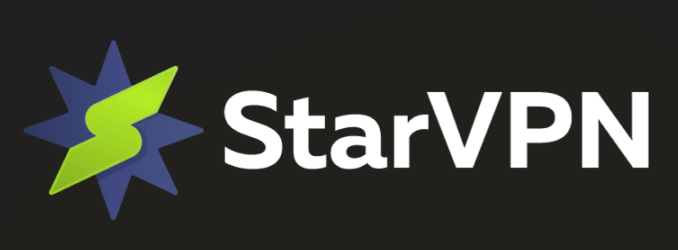Image credit: Unsplash
In a recent earnings call, Spotify CEO Daniel Ek revealed unexpected hurdles stemming from the company’s layoffs in December. Ek expressed surprise at the extent of disruption to day-to-day operations, highlighting a longer-than-anticipated period of adjustment.
Despite these challenges, Ek conveyed optimism about Spotify’s trajectory, signaling a return to stability after a period of uncertainty. This acknowledgment from the CEO sheds light on the complexities of managing corporate transitions and underscores the importance of adaptability in navigating unforeseen challenges.
The Drama of Restructuring: Reasons and Implications
The decision to downsize Spotify’s workforce was rooted in economic headwinds cited by Ek. “Economic growth has slowed dramatically and capital has become more expensive. Spotify is not an exception to these realities,” Ek explained in a memo to employees. “This brings me to a decision that will mean a significant change for our company. To align Spotify with our future goals and ensure we are right-sized for the challenges ahead, I have made the difficult decision to reduce our total headcount by approximately 17% across the company.”
Insights from Spotify’s first-quarter earnings report for 2024 offer a glimpse into the financial fallout of the layoffs. While the company reported a revenue of $3.63 billion during the quarter, slightly lower than the previous quarter, the financial landscape was influenced by severance payments totaling €207 million ($221 million) made to affected employees. This juxtaposition highlights the delicate balance between short-term financial adjustments and long-term strategic objectives in managing corporate transitions.
Other Companies Learn Similar Lessons
Similar instances of layoffs in other companies, such as Microsoft and Wells Fargo, provide a broader context of industry trends. The cautionary tales shared by CEOs Satya Nadella and Charlie Scharf underscore the widespread impact of economic fluctuations on corporate decision-making.
“We’re looking at something like $750 million to a little less than a billion dollars of severance in the fourth quarter that we weren’t anticipating,” Scharf said at a Goldman Sachs conference in New York, “Just because we want to continue to focus on efficiency.”
Growing Impact: The Human Cost of Corporate Efficiency
Layoffs at Spotify may have significant human repercussions. Employees faced with sudden job loss must navigate the challenges of unemployment and financial uncertainty, compounded by the emotional toll of job insecurity.
The ripple effects of corporate layoffs extend far beyond the confines of boardrooms and financial statements, casting a shadow over the broader worker economy. The disruption caused to day-to-day operations underscores the challenges faced by both employees and employers in navigating corporate transitions. Beyond the immediate financial implications, the layoffs at Spotify serve as a sobering reminder of the precarious nature of modern employment and the human toll of economic uncertainty.
These layoffs raise broader questions about the state of the worker economy and the role of corporations in shaping employment trends. The transparent communication of the rationale behind the layoffs fosters trust and transparency among employees and stakeholders, yet the human impact remains a poignant reminder of the fragility of modern employment structures.




























































































































































































































